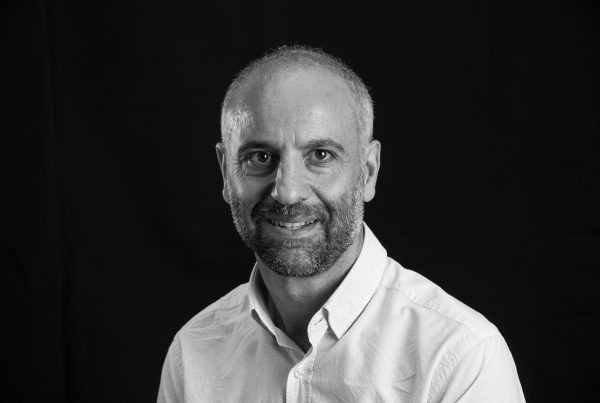– Salgado M, Garcia-Minambres A, Dalmau J, Jiménez-Moyano E, Viciana P, Alejos B, Clotet B, Prado JG & Martinez-Picado J 2018, ‘Control of HIV-1 pathogenesis in viremic nonprogressors is independent of virus-Gag-specific CTL responses‘, J Virol 92, 12, e00346-18.
– Diaz-Varela M, de Menezes-Neto A, Perez-Zsolt D, Gamez-Valero A, Segui-Barber J, Izquierdo-Useros N, Martinez-Picado J, Fernandez-Becerra C & del Portillo HA 2018, ‘Proteomics study of human cord blood reticulocyte-derived exosomes‘, Sci Rep-UK 8, 14046.
– Bejarano DA, Puertas MC, Börner K, Martinez-Picado J, Müller B & Kräusslich H-G 2018, ‘Detailed characterization of early HIV-1 replication dynamics in primary human macrophages’, Viruses 10(11) 620.
– Salgado M et al. for the IciStem Consortium 2018, ‘Mechanisms That Contribute to a Profound Reduction of the HIV-1 Reservoir After Allogeneic Stem Cell Transplant‘, Ann Inter Med, 169(10):674-683.
– Leal L et al., iHIVARNA consortium 2018. ‘Phase I clinical trial of an intranodally administered mRNA based therapeutic vaccine against HIV-1 infection‘, AIDS 32(17):2533-45.
– Abdel-Mohsen M et al. 2018, ‘CD32 is expressed on cells with transcriptionally active HIV but does not enrich for HIV DNA in resting T cells‘, Sci Transl Med 10, 437, eaar6759.
– Puertas MC, Gómez-Mora E, Santos JR, Moltó, J, Urrea, V, Morón-López S, Hernández-Rodríguez, A, Marfil S, Martínez-Bonet M, Mata L. Muñoz-Fernández MA, Clotet B, Blanco J, Martinez-Picado J 2018, ‘Impact of intensification with raltegravir on HIV-1-infected individuals receiving monotherapy with boosted protease inhibitors‘. J Antimicro Chemoth 73, 7, 1940-1948.
– Martinez-Picado J, Zurakowski R, Buzón MJ & Stevenson M 2018, ‘Episomal HIV-1 DNA and its relationship to other markers of HIV-1 persistence’, Retrovirology 15, 15.
– Adland E et al. 2018, ‘Differential immunodominance hierarchy of CD8+ T-cell responses in HLA-B*27:05 and B*27:02-mediated control of HIV-1 infection’, J Virol 92(4).
